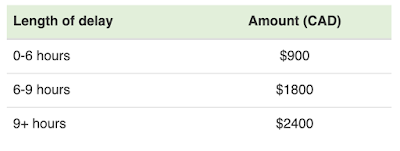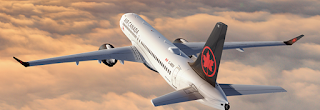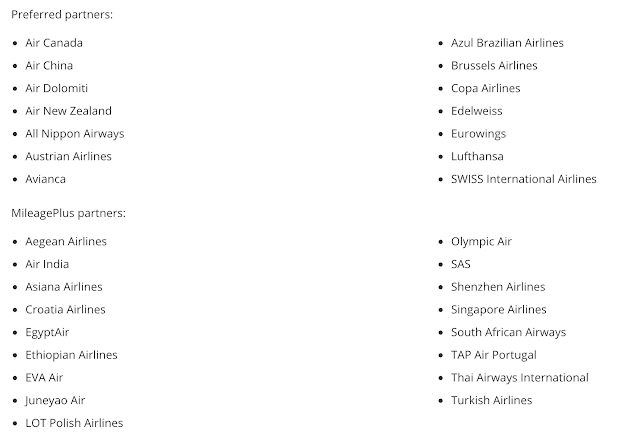The coronavirus (COVID-19) first surfaced in December 2019, and began to spread within China in January 2020. By late January 2020, there was more attention being paid to its virulence and contagiousness, with fears that another SARS-like event would happen. Currently, there are over 95,416 confirmed cases and 3,286 deaths according to the tracker by Johns Hopkins.
Understandably, travel to the region has been rattled. Flights to and from China and Hong Kong have been cancelled, and even travel bans and restrictions have been placed by even the most democratic of countries (i.e., the United States).
I had booked a ticket to Taipei ...
In October of last year, I had booked my ticket out to Taipei as I normally do. Taipei is one of my favorites in Asia for various personal reasons. Taiwan has a special status in the world: China strongly believes it is theirs and would consider it a part of China, whereas Taiwan views itself as its own country.
This distinction is important because when all the flights were being cancelled to China (including Hong Kong), Taipei was not considered a part of that ban. Being anxious about the possibility of having to do a quarantine myself, I cancelled my flights. I no-showed at the hotel and forfeited a non-refundable hotel rate. In all, I was out by roughly $600.
I was supposed to go to Taipei again in mid-March. Luckily, I did not book my ticket or accommodations.
People, in general, are hesitant to book. Reports are now that there is an outbreak in Italy, Iran, South Korea, and Japan. It is unknown when and where the next outbreak will be.
United Airlines is cutting routes both domestically and internationally
According to View From the Wing, United Airlines is cutting 10% of its domestic (US/Canada) flights, and 20% of its international routes (cancellations to China have already been included).
Airlines are offering increased flexibility
For the most part, all tickets need to be booked directly with their
1) United Airlines: Flights booked between March 3, 2020 and March 31, 2020 will include free flight changes over the next 12 months. However, it only covers the change fees; passengers are still required to pay the fare differences. Passengers may also choose to cancel flights; the residual value of the ticket can be applied to any new booking up to one year from the original ticket's issue date.
2) Air Canada: "A one-time change fee waiver will apply to tickets purchased between March 4 and March 31, 2020 for travel within 12 months of the issue date on your original ticket, provided changes are made at least 14 days before your departing flight. Kindly note that any fare difference will apply." Tickets must be on a 014 ticket stock and must be purchased from Air Canada.
3) American Airlines: "If you purchased a ticket on American Airlines between March 1, 2020 at 4:30 p.m. CT and March 16, 2020 at 11:59 p.m. CT, you may change your flight once without paying a change fee if the change is made at least 14 days in advance of your outbound travel date. Tickets must be purchased for travel between March 1, 2020 and January 26, 2021." New Travel must be completed within one year of the ticket's original issue date.
4) Delta Airlines: No change fees for all tickets purchased between March 1-31, 2020. "Tickets can be changed one-time to an alternate itinerary." Fare differences will apply. If you wish to cancel, applicable change fees and fare differences will apply.
5) Alaska Airlines: For tickets purchased between February 27, 2020-March 31, 2020, tickets may be cancelled with the funds deposited to the passenger's online "My Account" Wallet. A one-time change may be made with the change fee waived; travel mjust be completed by February 28, 2021.
6) Westjet, Canada's second largest airline, does not offer any change policies.
I think I can actually book that ticket to Asia again in the fall!
























